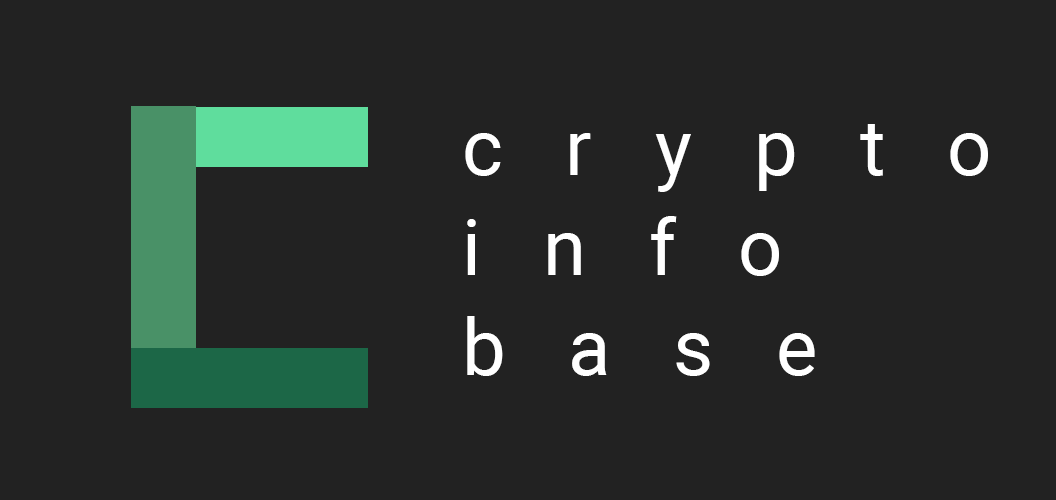Author: Nicholas Thompkins
Contents
Introduction
Blockchain technology has emerged as a transformative force with the potential to revolutionize various industries and reshape societal systems. Originally introduced as the underlying technology for cryptocurrencies, blockchain has expanded beyond its initial application and is now recognized for its ability to enhance transparency, security, and efficiency in numerous sectors. This article explores the transformative power of blockchain and its potential to revolutionize humanity, discussing its impact on finance, supply chains, healthcare, and governance.
Blockchain in Finance
Blockchain has the potential to disrupt the traditional financial industry by eliminating the need for intermediaries and introducing decentralized systems. It enables peer-to-peer transactions, reducing costs, and increasing transaction speed. Smart contracts, self-executing agreements coded on the blockchain, streamline processes, eliminate manual intervention, and enhance efficiency. Additionally, blockchain technology enhances financial inclusion by providing access to financial services for the unbanked population (Tapscott and Tapscott 10).
Supply Chain Transparency and Efficiency
Blockchain brings transparency and efficiency to global supply chains. By recording every transaction and movement of goods on an immutable ledger, blockchain enables stakeholders to track and verify the origin, authenticity, and journey of products. This transparency can help combat issues like counterfeit goods, ensuring the quality and safety of products. Additionally, smart contracts embedded in blockchain can automate supply chain processes, reducing paperwork, enhancing traceability, and optimizing inventory management (Iansiti and Lakhani 10).
Blockchain in Healthcare
Blockchain technology has the potential to transform the healthcare industry by improving data security, interoperability, and patient-centric care. Blockchain allows secure storage and sharing of medical records, ensuring privacy and reducing the risk of data breaches. Interoperable blockchain systems enable seamless sharing of medical data among healthcare providers, improving care coordination and patient outcomes. Moreover, blockchain-based digital identities can give patients more control over their health data and enable personalized healthcare solutions (Mettler 566).
Transforming Governance and Public Services
Blockchain has the potential to revolutionize governance systems by enhancing transparency, accountability, and efficiency. The technology enables tamper-proof record-keeping, reducing the risk of fraud and corruption. Blockchain-based voting systems can ensure transparent and verifiable elections, increasing trust in democratic processes. Additionally, blockchain has the potential to streamline public service delivery by automating processes, reducing bureaucracy, and enhancing efficiency (Swan 135).
Challenges and Considerations
While the transformative potential of blockchain is vast, there are several challenges and considerations that must be addressed. Scalability remains a significant hurdle, as blockchain networks need to handle large transaction volumes without compromising speed and cost-effectiveness. Additionally, legal and regulatory frameworks need to be developed to address concerns regarding privacy, data protection, and compliance. Interoperability between different blockchain platforms and systems also requires attention to ensure seamless integration (Böhme et al. 221).
Conclusion
Blockchain technology holds immense potential to revolutionize humanity by transforming various sectors and societal systems. From finance to supply chains, healthcare to governance, blockchain’s decentralized, transparent, and secure nature brings about unprecedented opportunities for efficiency, accountability, and inclusion. However, addressing scalability, regulatory challenges, and interoperability will be crucial for unlocking the full transformative power of blockchain. As the technology continues to evolve, embracing blockchain’s potential can lead to a more transparent, efficient, and equitable future for humanity.
Works Cited
- Böhme, Rainer, et al. “Bitcoin: Economics, Technology, and Governance.” Journal of Economic Perspectives, vol. 29, no. 2, 2015, pp. 213-238.
- Iansiti, Marco, and Karim R. Lakhani. “The Truth about Blockchain.” Harvard Business Review, vol. 95, no. 1, 2017, pp.




